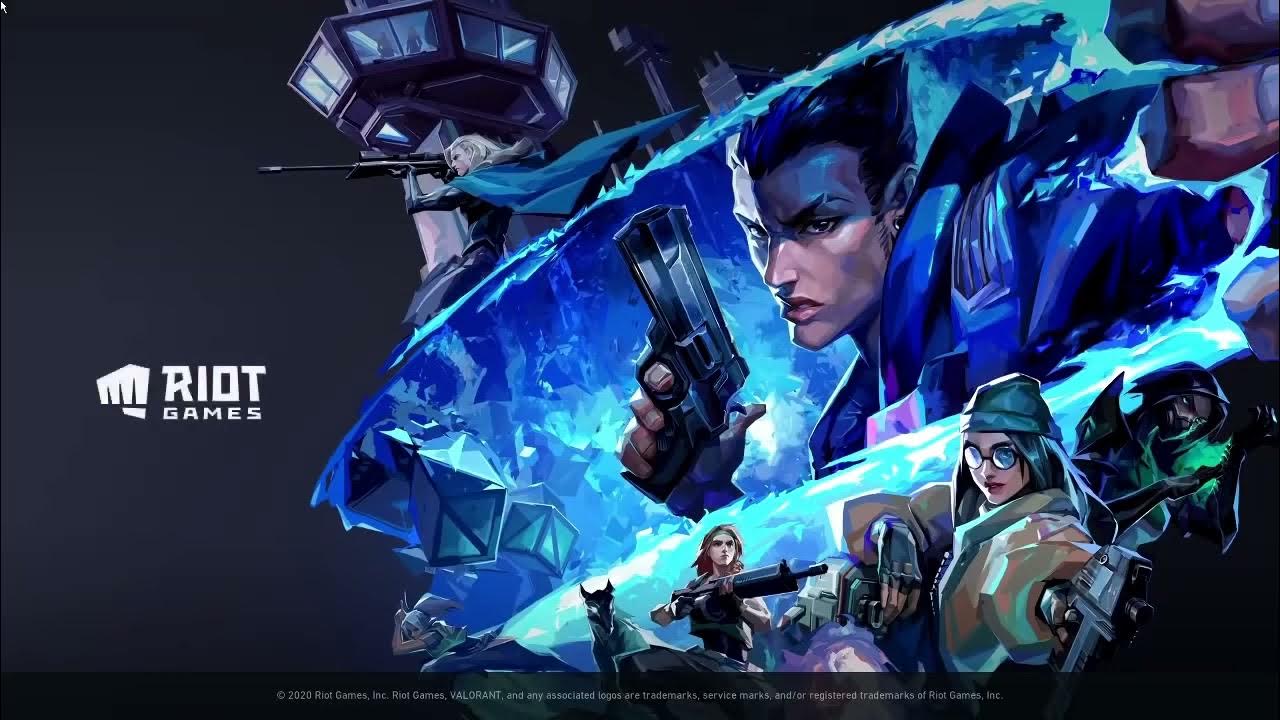In the high-stakes world of professional esports, the delicate balance between game evolution and competitive fairness is constantly under scrutiny. Recently, the VALORANT community found itself at the heart of this discussion following the implementation of patch 11.08 during the crucial Game Changers Championship. What began with a casual remark from Rioters – that the timing was simply «unfortunate» – quickly escalated into a chorus of concerns about the integrity of the tournament and Riot`s prioritization of its premier women`s circuit.

Image Credits: Riot Games
The Developer`s Dilemma: Innovation vs. Stability
Stepping into the fray, Leo Faria, Global Head of VALORANT Esports, offered a comprehensive explanation, pulling back the curtain on the complexities of game development. He clarified that while the timing was indeed less than ideal, this specific period is the only viable window for Riot`s developers to introduce and rigorously test significant game updates. These aren`t minor tweaks; they`re the foundational changes necessary to keep VALORANT fresh, engaging, and balanced for its global player base.
«The timing isn’t ideal and we know that. In a perfect world, we’d avoid big gameplay changes right before a global tournament, but the reality is that this part of the year is our best window to make meaningful updates to VAL. That’s important for keeping the game fresh and giving the dev team time to monitor the changes and adjust them before the new season starts in January.»
Faria elaborated that in previous years, updates during this timeframe were often less impactful. However, the changes slated for the upcoming 2025 Off//Season are substantial, demanding this dedicated testing period. Adding another layer of complexity, major esports events like the Game Changers Championship are meticulously planned up to two years in advance, with logistics spanning venue bookings, travel arrangements, and broadcast schedules. Shifting such a monumental event at the last minute, he noted, is simply not feasible.
The «Older Patch» Conundrum: A Question of Practice
A natural suggestion from the community was to simply run the Game Changers Championship on the previous patch. After all, if the new patch caused competitive disruption, why not stick to what was stable? Faria revealed that this option was indeed thoroughly discussed internally, but it came with its own set of significant drawbacks.
The primary concern revolved around practice. Forcing teams to play on an older patch while the rest of the competitive ecosystem moves forward would have created a segregated and ultimately less effective training environment. As Faria explained, «Most importantly, keeping GCC on the previous patch would have made it much harder for teams to get meaningful practice.» Furthermore, there was no unanimous consensus among the competing teams; some preferred the stability of the older patch, while others saw the challenge of quickly adapting to the new meta as a competitive advantage. In the absence of a clear, universally beneficial path, Riot opted for the decision that, while imperfect, maintained a connection to the evolving game.
A Glimpse into the Future: Proactive Solutions for 2026
While the present situation presented a unique set of challenges, Riot Games isn`t content to merely explain the past. The company is actively working on long-term solutions to prevent similar conflicts in the future. The biggest revelation concerns a significant overhaul of the VALORANT esports circuit for 2026. Central to these changes is the discontinuation of the Ascension tournaments.
This restructuring means that Challengers teams will now have a direct pathway to qualify for the VCT Stage 2 Playoffs. But the impact of this change extends further: the timeframe previously occupied by Ascension events will become available. Riot plans to utilize this newly freed window to schedule the Game Changers Championship significantly earlier in the calendar year. The strategic move aims to create a buffer, ensuring that Game Changers teams are not caught off guard by major meta-altering patches right before their most prestigious event. It`s a pragmatic solution, demonstrating that feedback, even when expressed through frustration, can indeed drive positive change.
Conclusion: Towards a More Stable Competitive Ecosystem
The recent controversy surrounding the VALORANT Game Changers patch serves as a potent reminder of the intricate dance between continuous game development and maintaining a fair, stable competitive environment. While the immediate situation was undeniably complex, Leo Faria`s candid response and the unveiling of concrete plans for 2026 highlight Riot Games` commitment to learning from challenges and actively improving the VALORANT esports experience.
By removing the Ascension tournaments and strategically rescheduling the Game Changers Championship, Riot is taking significant steps to mitigate future «unfortunate timings.» This proactive approach promises a more streamlined and player-friendly competitive landscape, ensuring that when the biggest titles are on the line, players can focus on their skill and strategy, not on deciphering the latest patch notes. It seems the «unfortunate timing» of today may well pave the way for a more fortunate and predictable competitive future for VALORANT.

